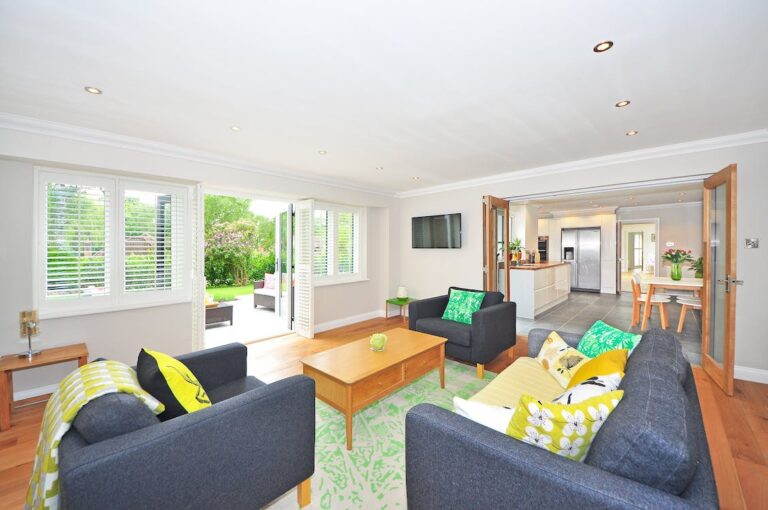Purchasing a home is an exciting milestone in one’s life. However, it often comes with the challenge of arranging finances, particularly when it comes to down payments. In East Windsor, understanding the significance of down payments and determining the ideal amount required for a home loan is crucial. So, let’s delve into the role of down payments in East Windsor home loans and discuss how much you need.
Firstly, what is a down payment? In simple terms, it is the initial upfront payment made by homebuyers when securing a mortgage. The down payment, combined with the mortgage loan, constitutes the total purchase price of the property. While it might seem like a significant sum to accumulate, the down payment plays a vital role in the overall financing process.
One of the primary reasons lenders require a down payment is to mitigate the risk associated with granting a mortgage. By contributing a substantial amount upfront, homebuyers demonstrate their commitment and financial stability, making them less likely to default on the loan. Additionally, a larger down payment reduces the lender’s exposure, thus resulting in a lower loan-to-value ratio and potentially more favorable loan terms.
Now, how much do you need for a down payment in East Windsor? While there is no fixed amount, it is generally recommended to aim for at least 20% of the purchase price. However, this can vary based on several factors, including the type of loan, the borrower’s creditworthiness, and the lender’s requirements.
For instance, government-backed loans, such as those offered by the Federal Housing Administration (FHA), typically have lower down payment requirements, often as low as 3.5% of the purchase price. This makes homeownership more accessible for individuals with limited savings or lower credit scores. However, it is crucial to note that these loans often come with additional costs, such as mortgage insurance premiums.
Conversely, conventional loans typically require a higher down payment, often around 20%. While this may seem daunting, a larger down payment can offer advantages, including potentially lower interest rates, reduced monthly mortgage payments, and the avoidance of mortgage insurance premiums.
In East Windsor, it is essential to consult with local lenders or mortgage professionals to determine the specific down payment requirements for different loan programs. They can assess your financial situation, creditworthiness, and the available loan options to provide tailored advice and guidance.
Moreover, it is worth exploring down payment assistance programs or grants offered by local or state government agencies, non-profit organizations, or community programs. These initiatives aim to support first-time homebuyers or low-income individuals by providing financial aid towards down payments, making homeownership more attainable.
In conclusion, understanding the role of down payments in East Windsor home loans is crucial for potential homeowners. While there is no fixed amount, aiming for at least 20% of the purchase price is generally recommended. However, various factors can influence the required down payment, such as loan type, creditworthiness, and lender requirements. Consulting with local professionals and exploring down payment assistance programs can provide valuable insights and aid in making the dream of homeownership a reality.




